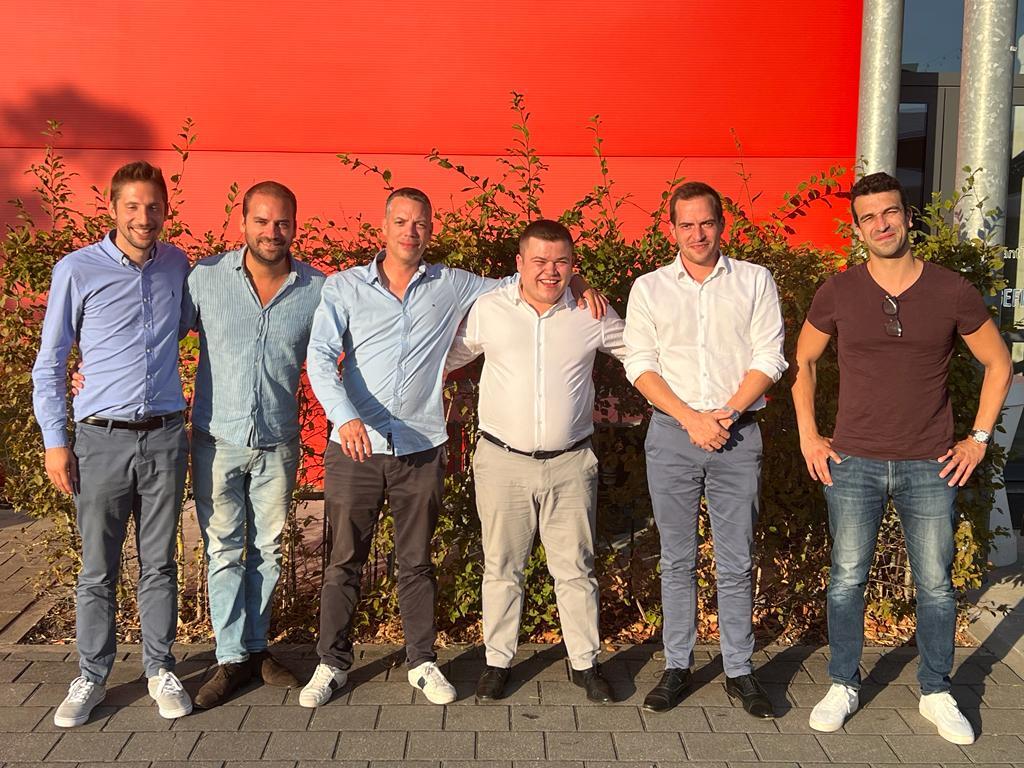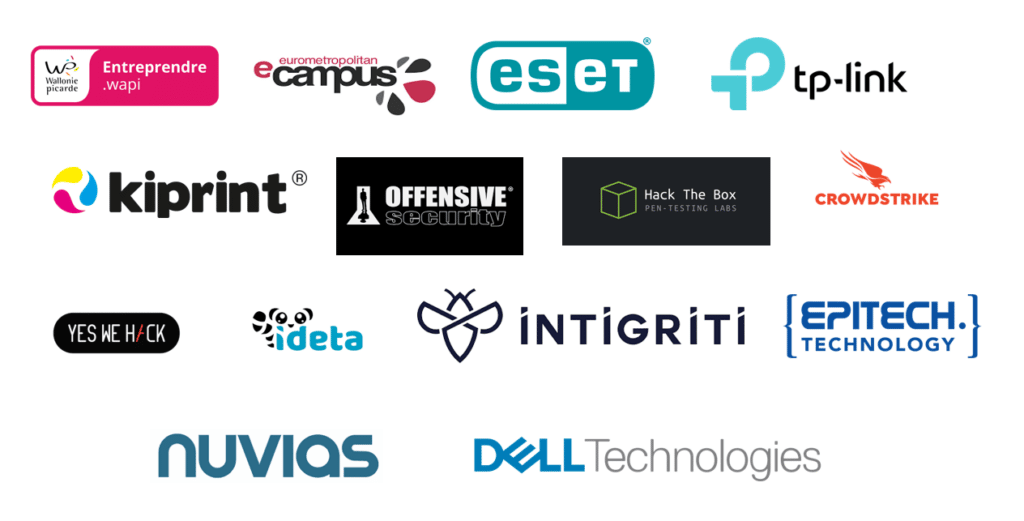In a world where the importance of digital technology cannot be overestimated, cybersecurity is a key issue for companies and individuals alike. BeHack fills a gap by proposing a new mission: sharing knowledge in order to protect each other from cyberattacks. BeHack has the power to raise awareness among all users, whether they use the Internet for professional purposes or not.

What does cybersecurity in Belgium mean?
Some statistics to illustrate the challenges of cybersecurity in Belgium:
- Ransomware and phishing have increased by 450% in one year
- 60% of small and medium-sized businesses have reported an attack in 2021
- 1,000,000 vulnerabilities are found every day
- Cyber attacks have increased by 400% in 5 years
At the European level, Belgium is ranked 7ème among the most secure countries and 30ème worldwide (National Cyber Security Index: NCSI). Moreover, Belgium has recently decided to create a Cyber space at the Defence. The Belgian government is therefore mobilizing to develop a solid cybersecurity policy at both the state and corporate levels. Cybersecurity also represents some 10 million euros invested in small and medium-sized enterprises.
What exactly does ethical hacking mean?
Ethical hacking, also known as “White Hat” hacking, is the act of hacking an infrastructure, technology, network or other with the client’s consent and within a predetermined scope.
This will identify opportunities that a hacker might have to exploit a technology for malicious purposes. Ethical hacking is a service offered to companies that provides technical solutions to fix their cybersecurity vulnerabilities that could be exploited by attackers. These security vulnerabilities are prioritized based on the likelihood of them being exploited as well as their level of severity.
But who is behind BeHack?
The project was initiated by two Belgian companies specialising in auditing and consulting in the cybersecurity sector – REDSYSTEM and CRESCO – which already share this vision of “ethical hacking”. They are trying to raise the awareness of the companies they work with so as to be able to “reduce” the scope of possible cyber-attacks.
The new BeHack community is open to all, hackers, students or enthusiasts. Based on the model of sharing information and skills, it offers challenges, debates, and training to raise awareness of cyber defence and to think about new solutions. This new community, which can only grow, also aims to reflect on what cybersecurity is and promotes a communication platform where everyone can intervene and share information.
BeHack was created in September 2022 and is still in its infancy. Their ambition is to form a self-sustaining community that would meet bi-monthly to share their expertise, best practices, tools and methodologies.
Currently, it is a community of about fifty members, a third of whom are students. About fifteen partners have also joined the BeHack community.
As this community grows, the opportunities to prevent attacks will improve. Cybersecurity should be integrated as early as possible into the architecture of any computer system. The goal of the community is to make the accumulated knowledge available to its ecosystem, to companies and even to governments.
BeHack still has many challenges to face but it is certain that cybersecurity is one of the major issues of the 21e century and ethical hacking is a more than necessary measure for the advancement of mentalities and progress in the digital world.





